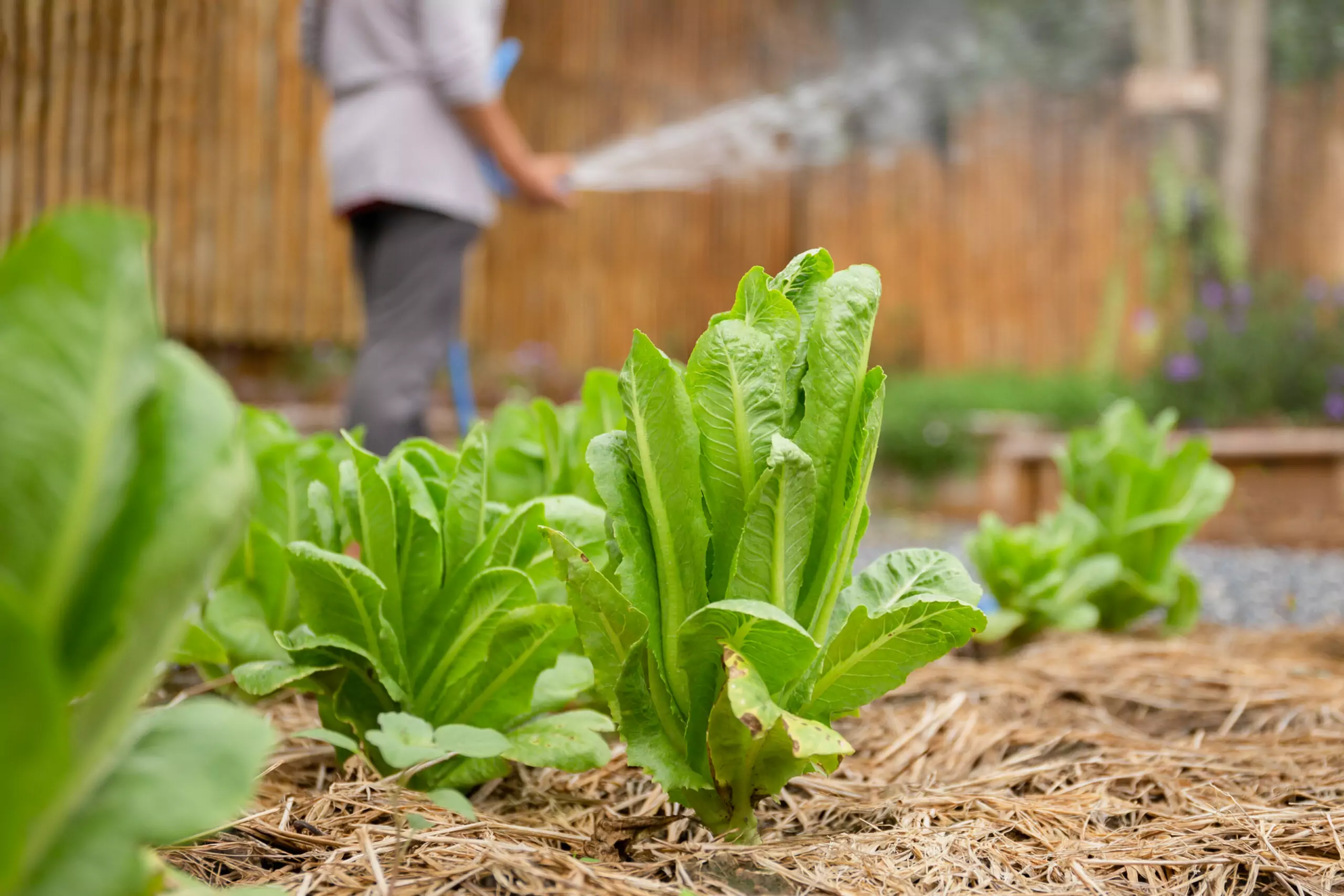PFAS Resources
The chemicals known as per- and polyfluoroalkyl substances (PFAS) have been widely used since the 1950’s in products ranging from food packaging to fire fighting foam. PFAS have recently been recognized as contaminants in agriculture and are believed to largely be entering soil through the application of biosolids, industrial sludges and ashes, which may contain these compounds that are difficult to break down.

Over the past few years, PFAS have emerged as a growing contaminant of concern for the food supply. The issue was first publicized in nearby Maine, and unfortunately the problem is likely widespread across the country.
This is a national issue. According to the Environmental Working Group, as of October 2021, 2,854 locations in 50 states and two territories are known to be contaminated with PFAS. (See their interactive map and educational resources, here.)
This webpage will serve as a portal for education and action resources for NOFA/Mass members and our broader community of farmers, gardeners and eaters. This page will be updated regularly as our campaign develops. Most of the currently available information re: PFAS and soil is coming from Maine, which was early in sounding the alarm.
Educational Resources from Maine
Read more about the impact of PFAS on farmers in Maine, from our sister organization, Maine Organic Farmers and Gardeners (MOFGA)
Read MOFGA’s PFAS Frequently Asked Questions for Farmers document.
Find detailed information and resources to help navigate potential PFAS contamination concerns on your farm here. (Document from MOFGA, specific to Maine.)
Frequently Asked Questions for Gardeners and Homesteads (also from MOFGA)
Learn about Maine’s PFAS Emergency Relief Fund
Understanding PFAS and Your Home Garden (UMaine Cooperative Extension)
Resources Specific to Massachusetts
In April 2021, UMass professor David Reckhow received a grant to conduct testing for PFAS in private wells and public water supplies in 84 selected towns. More info about as well as the list of towns that can be found at https://www.wwlp.com/health-2/public-and-private-water-supply-testing-for-pfas-begins-at-umass/
Resources for testing drinking water in Massachusetts for PFAS can be found at: Per- and Polyfluoroalkyl Substances (PFAS) in Private Well Drinking Water Supplies FAQ
FAQ from Mass. Dept. of Public Health (DPH) on PFAS in drinking water
Final Report of the Mass. PFAS Interagency Task Force (April 2022)
See Also
PFAS-Conscious Composters
Black Earth Compost (Gloucester, MA) “ is taking a proactive approach to investigating the issue of PFAS in our world.” Take a look at their 2022 Report of Annual PFAS Analysis (October 14, 2022): “This report shows the content of fluorinated compounds found in our compost compared to state thresholds and other contaminated and non-contaminated soils. Note that our compost meets the criteria to be used in the state’s strictest use case: compost can be used on a farm that sits over a drinking water supply and grows food where children are present.”
